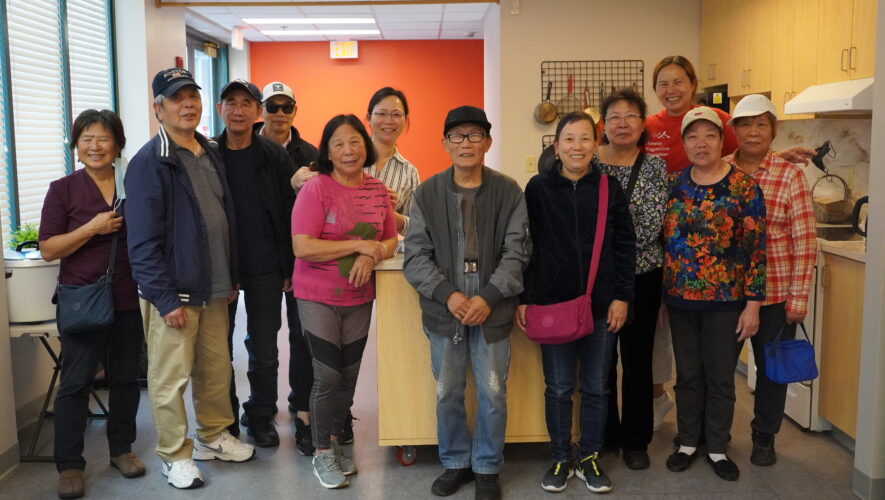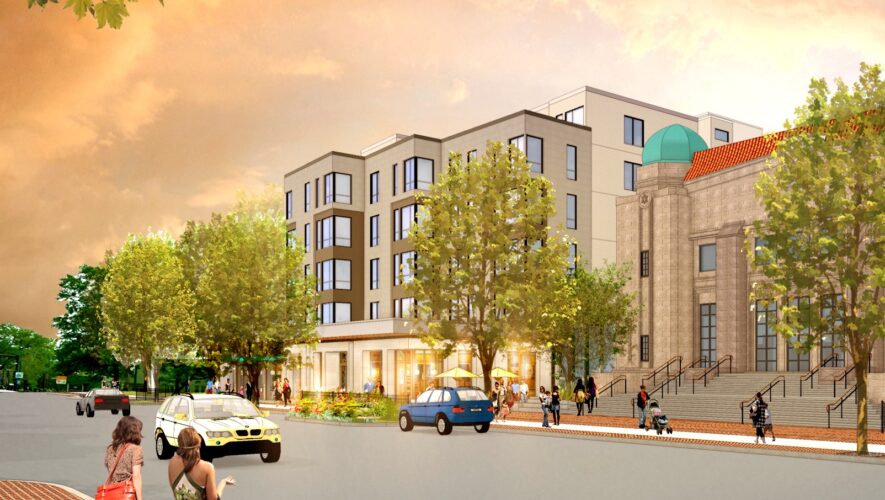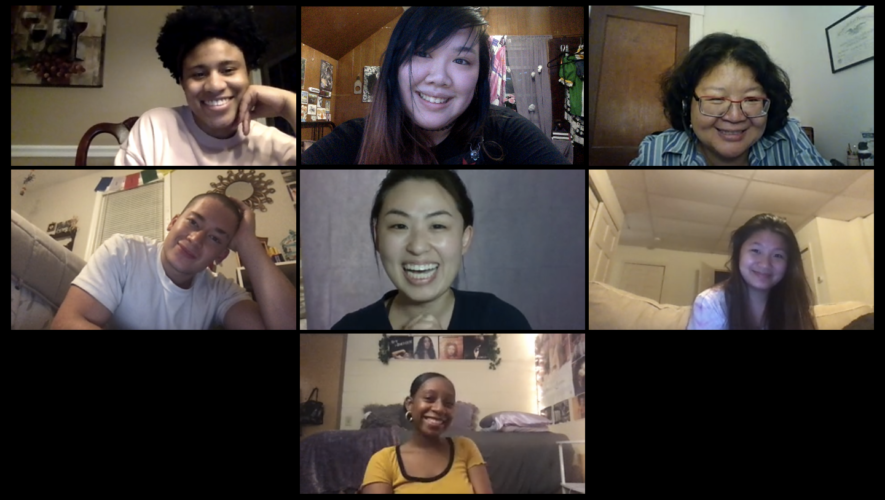Boston Chinatown is at another crossroads. The historical neighborhood, long celebrated as a sanctuary for Chinese immigrants and a hub of cultural diversity and heritage, is facing an unprecedented transformation as gentrification takes hold. Threatened by rising rents, luxury developments, and a changing demographic landscape, the Chinatown residents speak up about their experiences and make their voices heard.
Community leaders and advocates are working to address these challenges. They are calling for affordable housing initiatives, stronger rent control measures, and zoning criteria specific to the unique needs of Chinatown and its residents. In response, city officials separated Chinatown from the rest of their downtown rezoning proposal and are drafting an independent rezoning proposal for Chinatown.
Sitting around a plain table on a Tuesday afternoon with warm cups of tea in their hands, approximately a dozen Chinatown residents gathered with the Chinese Progressive Association and the Chinatown Community Land Trust in order to share their frustrations and grievances with the Sampan. In this press briefing, the residents discussed the ongoing gentrification occurring in Chinatown and their fears of what their futures might entail. The residents lived in row houses comprising the core of Chinatown, including those on Oxford Street, Harrison Avenue and Beach Street. They recounted their decades-long residence in Chinatown and the changes they have bore witness to over the years.
“Now, [Chinatown is] like an urban jungle, where there’s a lot of tall buildings surrounding Chinatown that you can only look at but you can’t go inside or live in or be a part of,” said one Chinatown resident bitterly. Lydia Lowe, the Executive Director of the Chinatown Community Land Trust and an organizer for the press briefing added, “So many families are gone. There used to be so many children here.” Around half of the Chinatown residents raised their hands when asked if they have raised children themselves here in Chinatown, and they shared mutual fears that the neighborhood’s accessibility will cease to exist for their children and grandchildren.
The pace of Boston Chinatown’s gentrification has caused all of the residents gathered that afternoon to worry about their housing situations, and a study conducted by MIT’s Displacement Research Action Network and the Chinatown Progressive Association found that 80% of Chinatown residents in Boston report housing insecurity. The influx of affluent professionals and real estate developers pushed many long-time residents and small businesses to the brink of displacement with soaring property values. When residents at the event were asked about fear of displacement, the sentiment was unanimous. They voiced their fears of potentially being evicted, whether through direct threats from their landlords or rumors circulating throughout the community of developers interested in purchasing their current buildings and demolishing them to be replaced by high rises and unaffordable luxury housing units.
For these Chinatown residents, their worries extend beyond merely a change in scenery. The residents gathered to share how Chinatown provided a unique combination of community, culture, medical services, and livelihood that may not be found elsewhere. As one Chinatown resident put it, “I’m very, very sick. I just had cardiovascular surgery recently, and I have heart problems. And when I think about housing, I get very scared and worried… I’m terrified. Because if I can’t live in Chinatown… This is where I get my medical services, if I can’t get access to that and if I don’t have a roof over my head, I would be so worried.”
The experiences described by the Boston Chinatown residents are a sign of a broader struggle unfolding in major metropolitan areas across the country. Balancing economic growth with the uplifting of its residents and preservation of their cultural heritage remains a complex and urgent challenge. As Boston’s skyline continues to evolve, the fate of Chinatown and its residents hang in the balance.
Author’s Note
The names of the Chinatown residents referred to throughout the article are listed as follows: Lai Ying Lee, Xiaohua Qiu, Xuiping Chen, Xueping Zhou, Xiuru Chen, Tianyin Zhang, Deqin Chen, Xiaofen Zhao, Yiu Kwong Lo, Jinliang Mai, Peiying Yu, and Xueyun Zhang.



